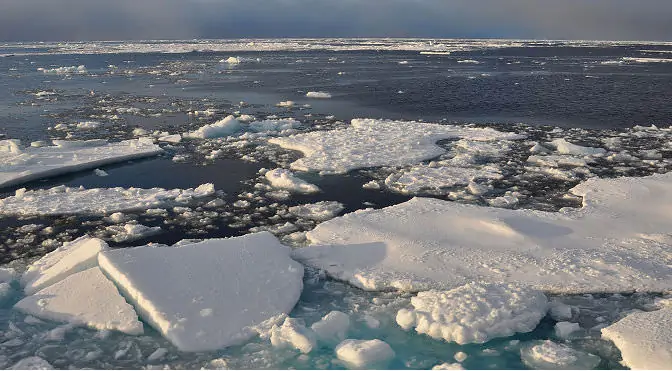In his book Climate wars-the fight for survival as the world overheats (2010), author Gwynn Dyer proposes a “chronicle” of the coming decades, through a series of eight geopolitical scenarios going from 2019 to 2055 (“The Year 2045; Russia 2019; United States, 2029; Northern India, 2036; A Happy Tale; US and UK, 2055; China, 2042; Wipeout”). These scenarios are attempts to study the most probable political behaviours of governments, while climate change goes out of control. As the latter will affect the cycle of water, monsoons, seasons, thus food and water supply all over our world, whole nations will be faced with massive challenges and gigantic flows of “eco refugees”, while strategic tensions and risks of regional nuclear exchanges over …
Continue reading “Environment, Climate Change, War and State”











